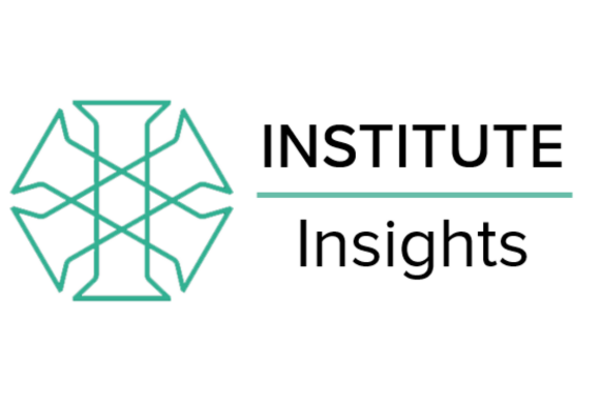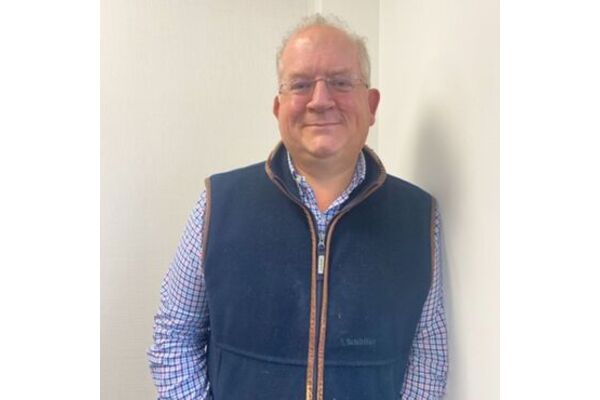
YouControl is a Ukrainian tech firm formed in 2014 to build open data tools for compliance, risk intelligence, and counterparty analysis. When the company reached out to us last year, we got curious about the sector in Ukraine and how they were responding to the challenges of the last 12 months.
How well-Established is the FinTech Sector in Ukraine?
FinTech has been established in Ukraine for a long time, but after Russia's full-scale invasion last year, development in the sector has accelerated significantly. It goes without saying that any such unexpected and unpredictable crisis would have an impact on business and technology and FinTech is no exception.
Until a few years ago, KYC and other common screening technologies were only available to a few financial institutions in Ukraine. Today the problem has become much more urgent as the political and economic sanctions environment has evolved, and financial institutions face the prospect of untangling the origin of the assets they hold.
Tell us about YouControl. How long have you been operating? What are the problems you aim to solve? What do your products do?
We have been creating data-driven technologies for a variety of intelligence and analytical purposes for about 8 years. Our mission is to help build transparent tools based on open data sources in ways which support expanding international cooperation.
Our main technology YouControl, is designed for compliance, business intelligence, and counterparty monitoring in order to reduce financial risks, and provide tools for journalists and activists to investigate socially important cases. The system generates a complete dossier for each company in Ukraine, tracks changes in state registers, and visualizes relationships between affiliates. It quickly provides up-to-date information about a company or individual entrepreneur from more than 180 data sources, while the monitoring functionality notifies you of daily changes based on your requirements.
The situation in Ukraine must be challenging for every business. What particular challenges have you faced over these last months?
Yes, the situation has been difficult for businesses in Ukraine, including our own. After Russia invaded we updated the YouControl system with additional data about Russian and Belarusian traces in counterparty activities, but we also wanted to expand our offering to support the war effort, drawing further on our expertise in open data analysis and verification to create new products.
On February 24 last year we shifted our focus to the challenge of identifying Russian ties and connections. This was a challenge for the team, but on April 1, they created RuAssets, a new international platform to help identify toxic Russian ties with a few clicks. If Russia is labeled a sponsor of terrorism, using RuAssets could aid in blocking or freezing their assets.
What is the situation regarding financial crime in Ukraine at the moment?
As we know, the mechanics of financial crime (especially cybercrime) are often too complex for individuals to execute alone, so in most cases will involves organised criminal groups.
Even before the invasion, the adoption of new financial technologies in Ukraine had created a surge in the number and diversity of illegal or suspicious transactions and we faced the same challenges as other countries. However, understandably, in the current environment the state's ability to detect and prevent such crimes has been significantly compromised as the resources of state and law enforcement are directed towards the war effort.
In terms of financial crime fighting What kind of support can the international community provide?
The increase in financial crime in Ukraine has come about largely due to globalisation and the increasingly transnational nature of organised criminal groups. Our view is that it is vital to deepen cooperation between The State Financial Monitoring Service of Ukraine, the law enforcement agencies of Ukraine and with governments and international intergovernmental organisations worldwide, especially those in the EU and US.







